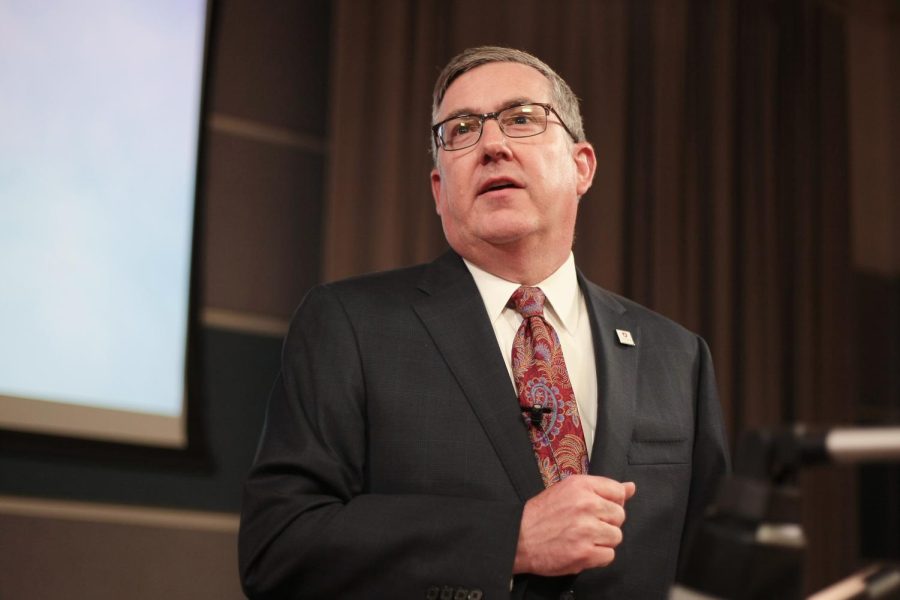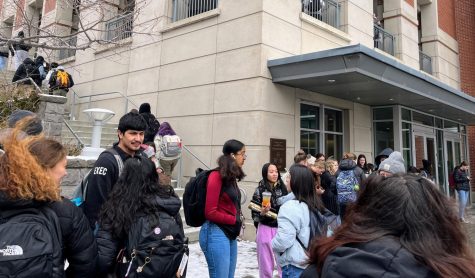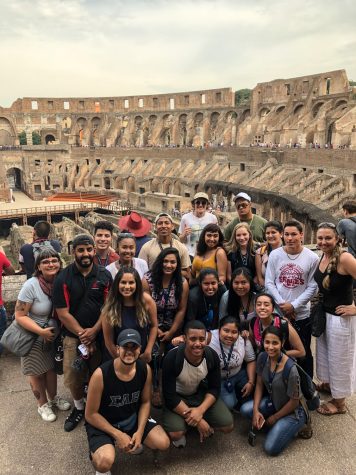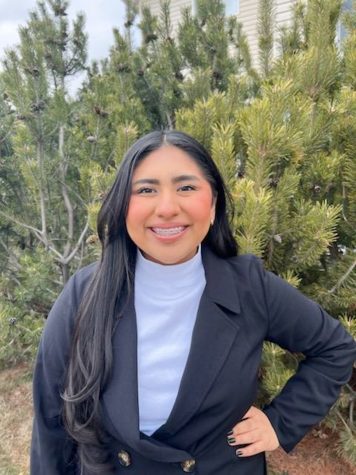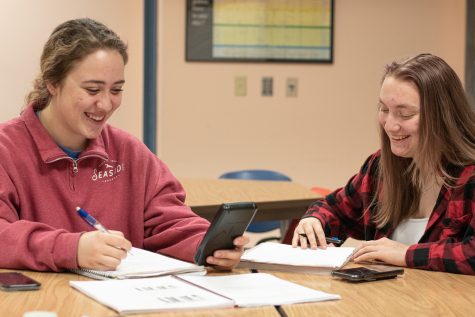President Schulz addresses staff burnout, enrollment during State of the University
Schulz said he is proud of the WSU community’s response to changing rules, regulations
BEN SCHUH | DAILY EVERGREEN FILE
WSU President Kirk Schulz speaking about the university’s response to COVID-19 on
March 23, 2022
WSU President Kirk Schulz discussed the accomplishments and challenges caused by COVID-19 in the past two years in Wednesday’s State of the University Address.
COVID-19
Schulz said when COVID-19 started, administrators put in place a lot of complex committees and approval processes. Elizabeth Chilton, Pullman chancellor and provost and executive vice president, suggested there could be a better way to simplify the process.
“We have to be nimble and quicker when bringing in experts to lead,” he said.
Schulz said one of the biggest lessons learned over the course of the pandemic is workplace flexibility.
“I’m from the generation that felt if you work, you need to be in the office, and if you’re not in the office, you’re not working,” he said.
Schulz said he is proud that everyone at WSU transitioned from in-person classes and research to being completely online within two weeks.
“Folks had to learn software that they weren’t familiar with before, and people worked really really hard,” he said. “I think we did a great job with that.”
Schulz also thanked faculty and students for taking the pandemic seriously and getting vaccinated. He said over 90% of students and faculty got vaccinated, which allowed for the university to reopen in-person curricular and extracurricular activities.
Mental and physical wellness
Mental and physical wellness of faculty and students has posed a major challenge over the past two years. Schulz said it was likely present before the pandemic, but the pandemic has made these issues more visible.
Schulz said Ellen Taylor, vice chancellor for student affairs, is leading a lot of efforts for after-hours crisis centers, peer networks, and making sure people have 24-hour access to these resources.
Staff burnout has been a pertinent issue. Schulz suggested new guidelines to eliminate unnecessary or poor work habits in order to improve work-life balance.
Faculty of color
Schulz said hiring and retaining faculty of color has been an ongoing struggle. He said Chilton implemented a cluster hiring initiative that she used at her previous institutions.
“That started last year and it was so successful that we brought in five fantastic colleagues, and we’re already doing searches for five additional colleagues this year in a different area,” he said.
Schulz said while it is not a perfect solution, he believes they are taking positive steps forward.
Grant awards
Faculty raised concerns at the beginning of the year about the time it takes to process grant awards, meaning it takes longer for researchers to receive their funding. Schulz said they took several months to process, but after hiring additional staff and simplifying the process, the wait time is now down to around three weeks.
Enrollment
WSU, like many other universities, has been seeing a decline in enrollment. Schulz said he is optimistic that enrollment rates will recover in around two years because of the enrollment team’s new creative strategies. One new program is called the Cougar Quick Start, which allows for on-the-spot admissions at college fairs.
Legislation
Schulz said the Washington State Legislature approved a mass salary increase with more details to be announced on April 15.
He also said that there would be additional money set aside to address inequity issues.

